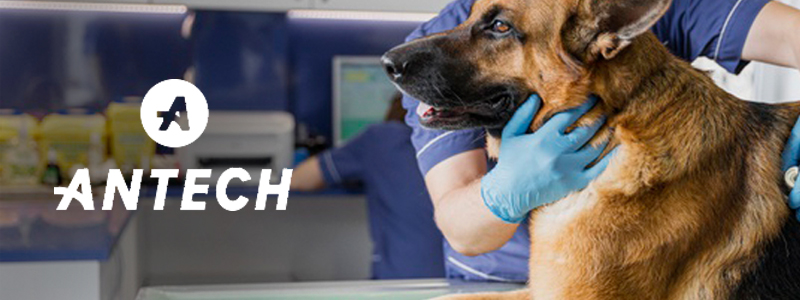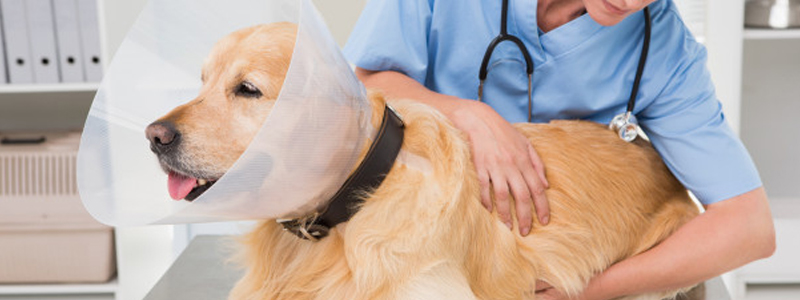BY: Samantha Bartlett, DVM
Cornell University has been conducting a study of the role of diet in canine chronic enteritis. Traditionally veterinarians have implemented diet changes as part of the therapy for chronic enteropathies. These diets usually include an easily digestible prescription diet or a hydrolyzed protein diet. The Cornell study looks at the effects of hydrolyzed protein versus a regular maintenance diet in clinical outcomes of chronic enteropathies.
The study is placebo-controlled, blinded and cross-over and includes three groups with more than three dozen participants so far. Two groups receive one of two types of hydrolyzed protein diet, the placebo group receives a maintenance mixed protein diet that has not been fed to participants before. All of the diets contain the same balance of carbohydrates, protein and fat. All of the diets are supplied by Farmina, which is sponsoring the study. A fourth group in the study includes dogs diagnosed with protein losing enteropathy (PLE) that are started on one of the hydrolyzed protein diets.
Preliminary results have shown dramatic positive changes for many of the subjects including the PLE group. Dogs are showing weight gain, hair regrowth, increased energy and normal stools. Surprisingly, the results are similar for both the hydrolyzed protein and the placebo groups. This across the board improvement would suggest that chronic GI disease is not caused by allergic responses to protein, but perhaps to non-protein ingredients.
The results have not been fully analyzed yet. The study leaders are conducting in-depth analyses of gut bacteria and metabolism from all participants and are hopeful the results will lead to additional insights for future therapy.











